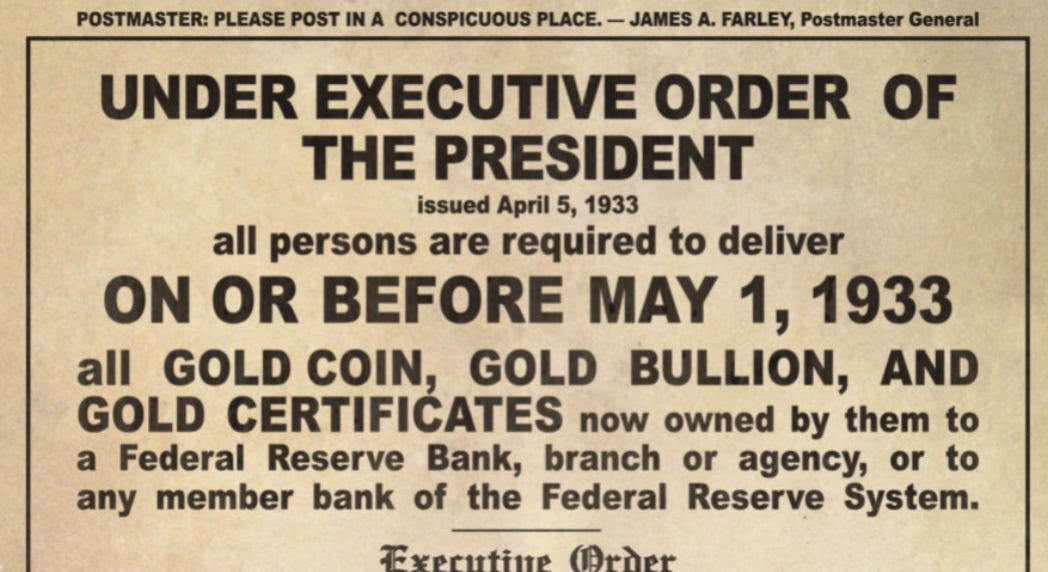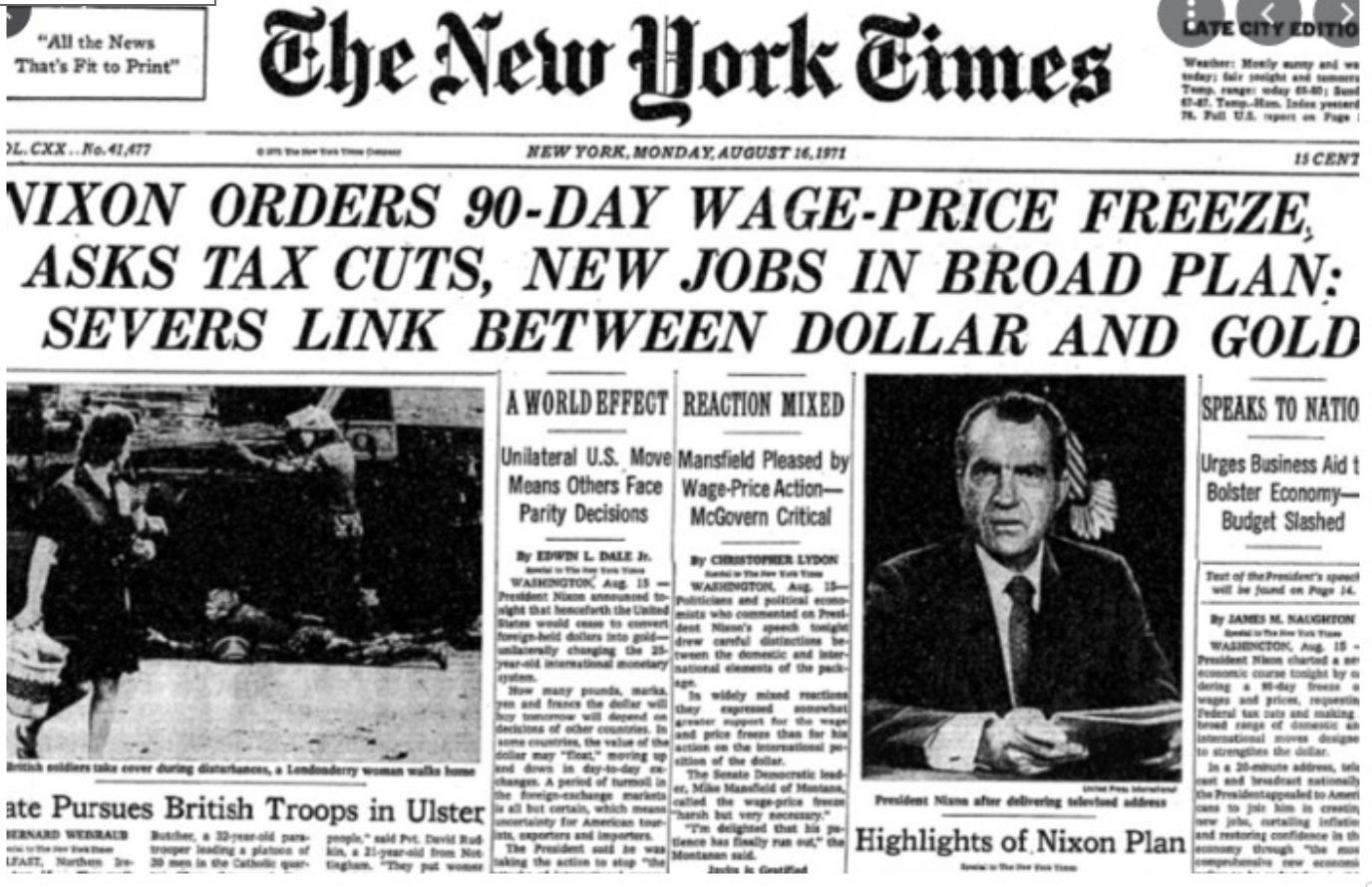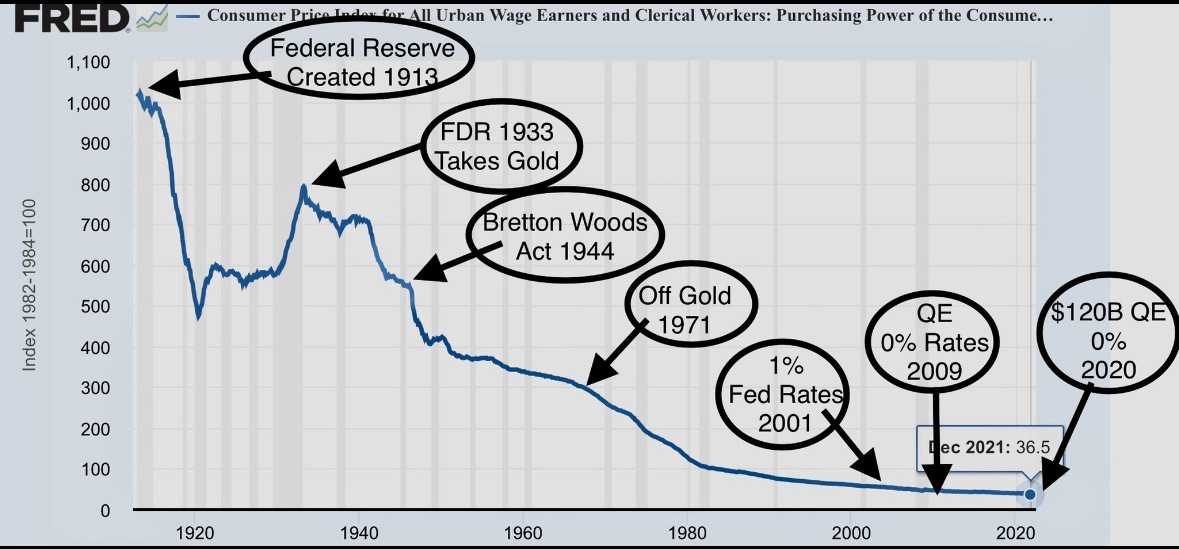Today, we embark on a journey through time and across continents, drawing parallels between the fall of the Roman Empire due to inflation and the current financial challenges facing the United States. Both stories share a common thread: the devaluation of currency and the shift away from precious metals as a standard of value.
The Wisdom of St. Ambrose: "When in Rome, Do as the Romans Do"
In the 4th century, during the division of the Roman Empire, Saint Augustine moved to Milan, where Saint Ambrose, the bishop of Milan, offered timeless wisdom encapsulated in the phrase, "When in Rome, Do as the Romans Do." This phrase emphasizes the importance of adapting to the customs and practices of the people in a particular place. Ironically, today, the U.S. seems to have borrowed a page from Rome's history, but not for the better, as it grapples with its own currency devaluation.
The Roman Empire: A Tale of Devalued Denarii
In ancient Rome, the denarius was the linchpin of the empire's economy. Originally crafted from pure silver, it stood as a symbol of Rome's economic might. However, over the span of 300 years, from Augustus to Diocletian (27 BC - 300 AD), the denarius experienced a gradual devaluation. This decline was attributed to several factors, notably the Roman government's struggle to generate adequate revenue through taxation to sustain its expansive military.
As the empire faced mounting military expenditures, it resorted to debasing the denarius by diluting its silver content with less valuable metals like bronze and tin. The ensuing inflation eroded the purchasing power of Roman citizens, contributing to the empire's downfall. This economic turmoil led to a loss of faith in the government, and soldiers grew disheartened, further exacerbating Rome's challenges.
The United States: A Parallel in Progress
Jumping forward to modern times, we encounter a striking parallel in the United States. The U.S. Constitution states that only pure gold and silver serves as legal tender in settling debts. For many years, this gold standard provided a stable foundation for the nation's currency and economic prowess since its inception in 1776.
However, significant shifts emerged with the passage of the Federal Reserve Act in 1913. This established the Federal Reserve System, introducing a central banking system that could influence the money supply, departing from the free market principles. In 1933, President Franklin D. Roosevelt signed Executive Order 6102, which resulted in the confiscation of Americans' gold holdings and devaluation of the dollar by raising the value of gold from $20 to $35 an ounce.
Post-World War II, the Bretton Woods Agreement of 1944 pegged the U.S. dollar to gold, solidifying its status as the global reserve currency. Nevertheless, this did not prevent future devaluations of the dollar.
Further devaluation ensued after President JFK was taken in 1963, when President Lyndon B. Johnson signed the Coinage Act of 1965, removing silver from U.S. coins, akin to the Roman practice of assigning coins values exceeding their intrinsic worth. The final blow to the gold standard arrived in 1971 when President Nixon suspended the dollar's convertibility into gold, ushering in a global fiat-based monetary system, permitting governments to print money at will without the need for increased taxation.
Drawing Lessons for Today
The lessons from history are evident: devaluing currency and moving away from precious metals as a standard of value can have profound consequences for an economy, leading to inflation, social unrest, and economic instability. Both in the Roman Empire and modern-day America, these actions were responses to fiscal challenges and the pursuit of greater financial flexibility.
Though the eras differ, it is imperative to recognize the potential hazards of departing from a stable monetary standard. Inflation and currency devaluation can erode citizens' wealth and purchasing power, thereby imperiling economic stability.
As we navigate the complexities of the contemporary financial landscape, staying informed and vigilant regarding monetary policy decisions that could impact our economic future is paramount. History serves as a repository of invaluable insights to guide us in making informed choices and advocating for responsible fiscal policies.
**The Coastal Journal encourages you to stay informed, engage in conversations about the implications of monetary policies, and hold our leaders accountable for the betterment of our society.









